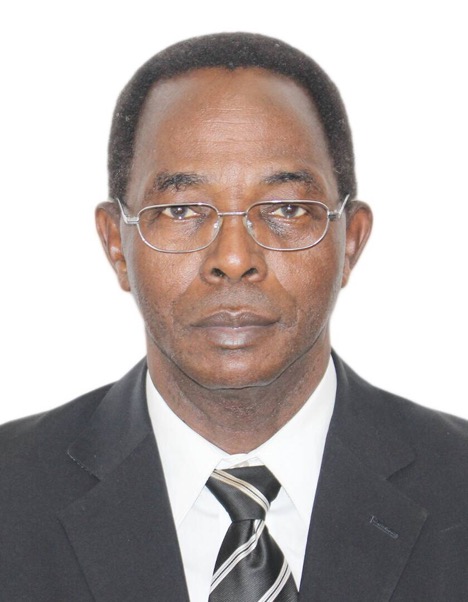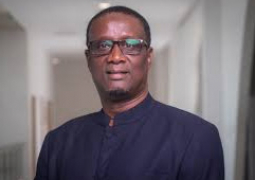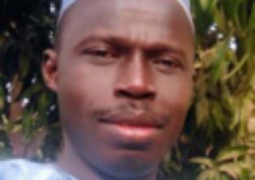
The problem with the country is that the democratic process seems to have taken a new tone in recent years that is based on the competition for power rather than on the democratic convictions of politicians. In such a political scenario, it will be difficult to achieve a National consensus on a new constitution. Democracy will become the victim of political greed.
The transition from dictatorship to democracy will not be complete unless there is a new constitution that will establish the legal framework for governance. Maintaining the 1997 constitution will be an affront to democratic governance. This instrument of dictatorship should be effectively confined to the dustbin of history. The President had rightly said in his interview on QTV, that it is the responsibility of all stakeholders for the country to have a new constitution. The fact that the issue is still hanging in the balance for eight years, goes to show the political division in this country. In a democracy the minority will have their say and the majority will have their way.
Why is the Nation therefore waiting to see a new constitution on the horizon? In all truth, there are political factors standing in the way of the country having a new constitution. We cannot deny that we are in a moment of constitutional crisis. The number one obstacle is the question of TERM LIMIT. By all indications, the government wants the term limit in power to commence in 2026. It is not clear under what circumstances the term limit commences in 2026. The opposition and many people in society are saying that the term limit in power should not be more than ten years. In this regard, the country is in a CATCH 22 situation. This stalemate seems difficult to reconcile in both legal and in political context. Another major point of contention is that the 2020 CRC draft constitution has severely stripped off the powers of the President in terms of effective governance which has been seen to be discriminatory and unfair by all measures of judgement.
In terms of effective governance, certain powers must remain with the President of the republic. The Parliamentary roles in the said constitution have been a bit loaded and failed to take into account the capacity of members and the wide political divide in the house. There are many other political factors which are bottlenecks to building a consensus on a new constitution. Political naivety makes it difficult for the political class to comprehend complex issues surrounding the constitution and politics in general. We cannot deny seeing the manifestations in Party structures, political leadership positions, lack of political exit strategy and lack of succession planning, political processes and in the rule of law in a democratic dispensation, etc among others.
Looking at each Party’s internal democracy, we see the same Party Leader Congress after Congress for years. One wonders how democratic are the political parties in the political equation. Party Leaders tend to have a firm grip over their Parties to the extent that there is hardly any resistance to prolonged leadership of the Party. Party internal democracy is weakened by political sycophancy and interest articulations rather than by democratic objectivity, especially in the selection of a Party Leader. One who rules his party through such a process, will most likely not be able to distinguish the difference between a Party and government when in the seat of power. It becomes my Party and not our Party, my Party before my country, my interest before my country’s interest.
These are narrow political perspectives which do not help in understanding the functions of the state and the dynamics of governance. Moving forward, the transitional politics experienced over the years have poisoned the minds of many political leaders about the intentions of the ruling class on a new constitution. A factor in this regard, was the too many changes in the Coalition 2016 Plan of Action and the changes that took place thereafter. The political divorce between the Coalition President and the United Democratic Party ( UDP) resulted in political bitterness and political rivalry between the two sides. The subsequent formation of alliances between breakaway APRC and NPP prior to the 2019 elections. We can also observe how the National Assembly is widely divided between political lines.
This polarized political atmosphere has impacted on the constitutional process before the Nation. It is to be said therefore, that if Party interest takes precedence over National interest, then the protection of constitutional integrity will become a dream and democracy can only fail. The issue is not right now in the hands of Gambians but in the hands of the political leadership in the country. It is politically advisable for all political leaders to meet in closed doors to discuss a way forward to getting a new constitution based in the supreme interest of the Nation. It is a National responsibility and governance imperative.





